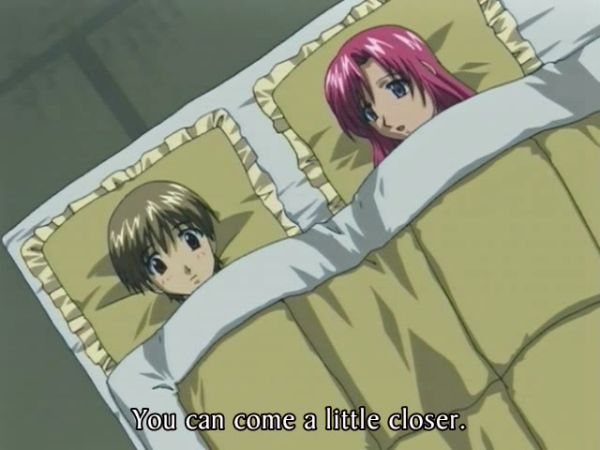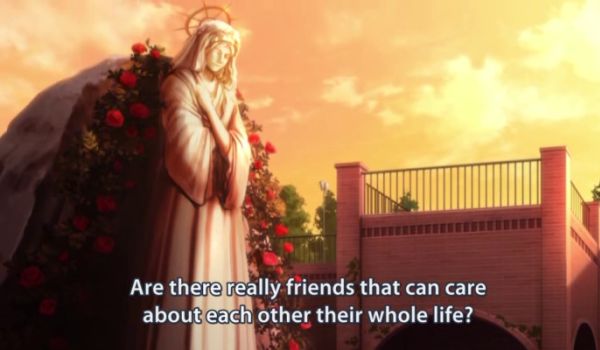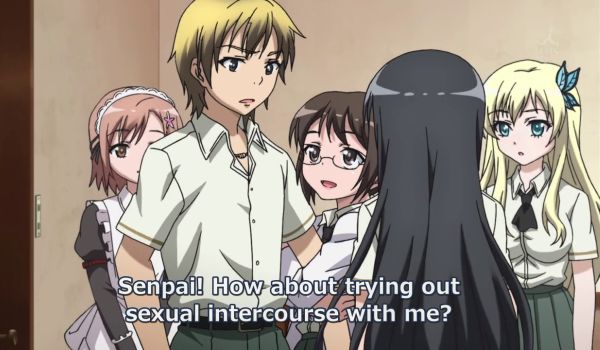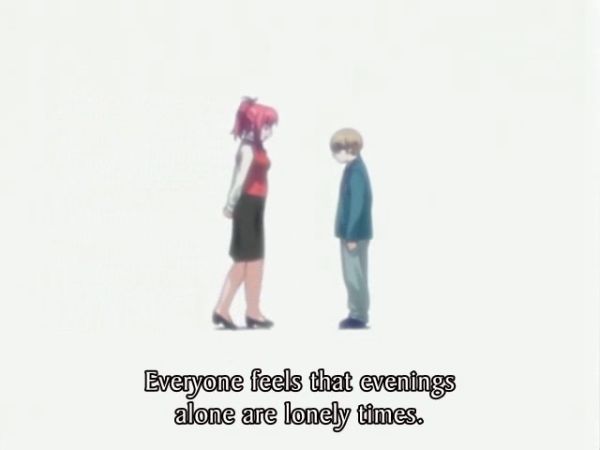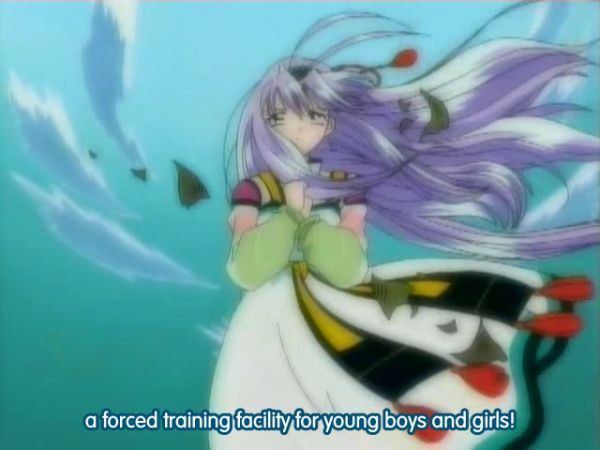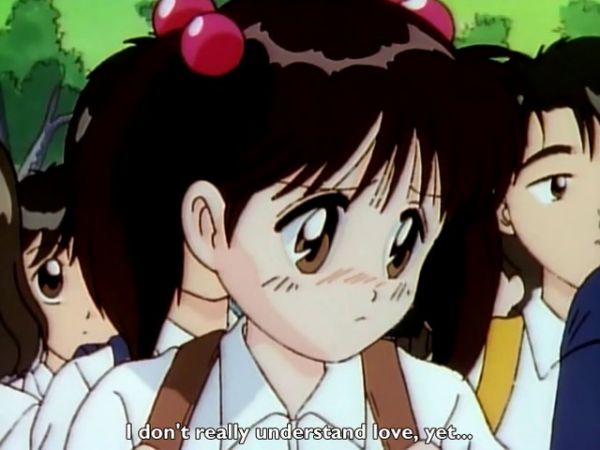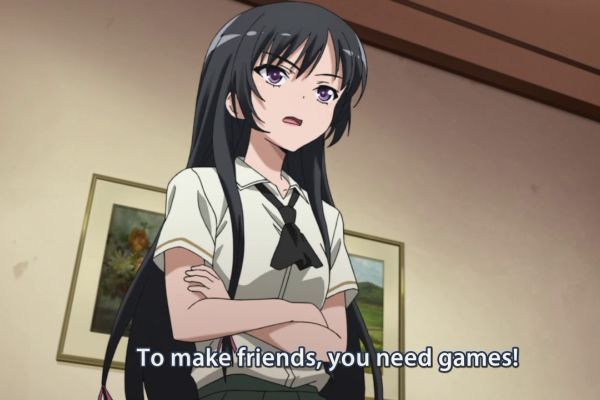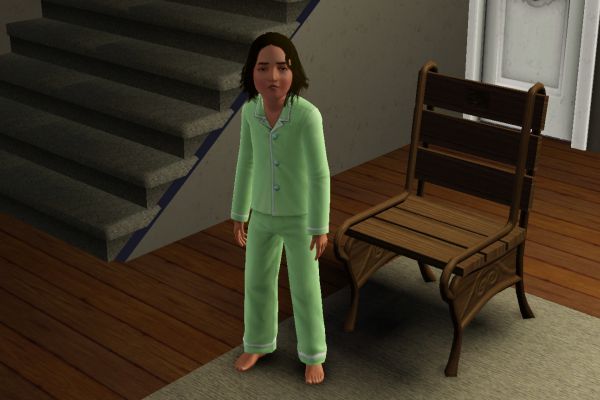
When sims have permanent platinum mood – an unshakable mind – growing older is a cause for happiness. They will spend their elder years calmly and eventually pass on without fear.
It would seem a safe bet that people won’t regret on their deathbed that they have played too little The Sims 2. But once again it seems I am the exception to the rule. Although it is a bit early to say, I hope! But I already regret, and repent, not having played The Sims 2 as much as I should.
Well, not the game in general, but a particular project that takes up a large part of my separate Sims game journal. “Micropolis” (not to be confused with the game of the same name, which I heard of quite a bit later) is a simulated neighborhood in which I act as the guardian angel, inspiring my little computer people to achieve their goals and help each other create a Utopia by building their own inner strength and the ties of love and friendship.
Starting in the near future (sometime between now and 2050) six families come to a deserted farming village in the foothills of a mountain chain. All of them have lost loved ones and everything they owned in the great hurricane that destroyed their hometown. Starting from nothing, with a modest amount of borrowed money, they begin to create a new life for themselves and their children. This is the start of the story of Micropolis.
I play with stricter rules than those that are built into the game. The Near Future is seen as a time in which the economy in particular is harsh: It is hard to get any job without college education, which costs quite a bit of money. Houses are expensive and there are no subsidies, interest rates are high, and property taxes are increased fourfold. For people without jobs, without skills and without friends, the challenge seems almost insurmountable.
Over more than 50 years, we follow the small band of refugees through snapshots of their lives and their conversations with their guardian angel. Together they seek to combine their immediate needs and wants with their long-term aspirations and the greater plans for the whole society. They fish their own fish, grow their own vegetables, and gradually acquire useful skills and begin to climb out of debt. They raise children who eventually go to college, sometimes taking childhood friends or high school sweethearts with them. The children come home and get jobs or start shops. The small cluster of tiny homes becomes a village. Later large apartment buildings begin to appear, and the nearest neighborhoods also take part in the growth. They face new challengers: Climate chaos and mutating viruses. But through it all they continue to thrive under the constant guidance of their guardian angel.
More than money, the true wealth of Micropolis is its people, their skills and generosity, their friendships and love, their families and hospitality. It is these that makes Micropolis a small Utopia, a place anyone except the hardcore liberal would love to live.
I wish I had continued to write it, because it expresses my view of life very well and in a manner I think most people can understand if they have the spare time (it is a very long story). But I got distracted by other shiny things. And most of all, my laziness caused me to give it up. Writing the story itself was not so onerous, but due to the length of the story it became necessary to provide background summaries for all the families and eventually all of the sims. Keeping these info pages up to date was quite a bit of work compared to what you see of them, so I got fed up. I regret that now.
Many people these days (and probably in the past as well) do not understand well the concept of guardian and guiding spirits. The independent thoughts from their subconscious torture them, mock them or drive them to do reckless or outright damaging things. Â That is not how it should be. I hope that my fiction can illustrate the kind of world I live in, which is basically the exact opposite. Long may it last.

